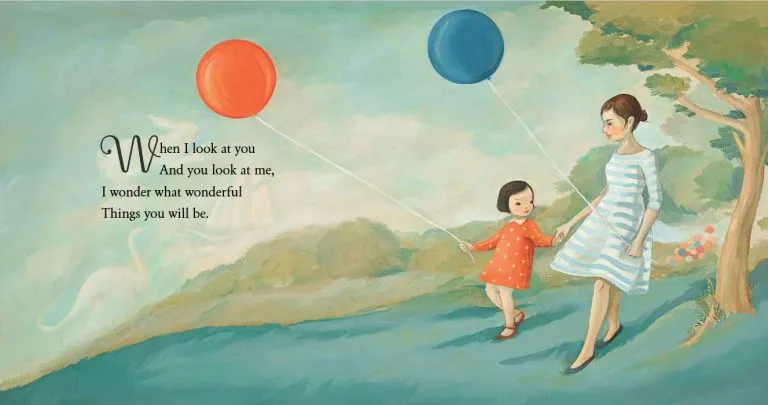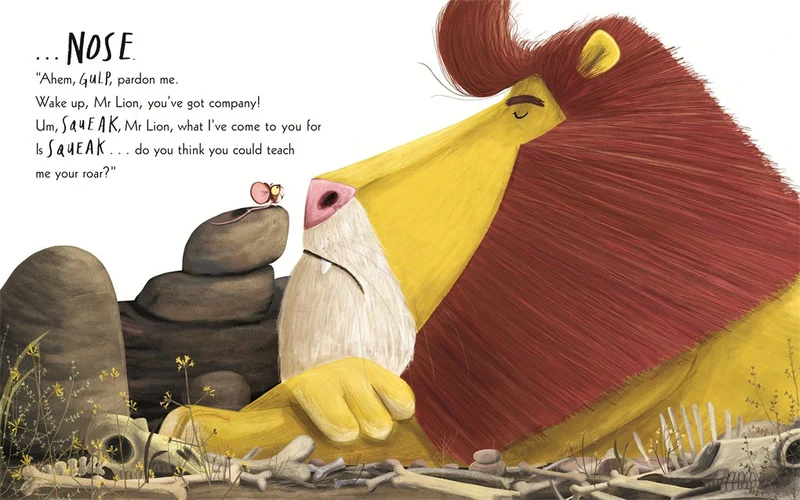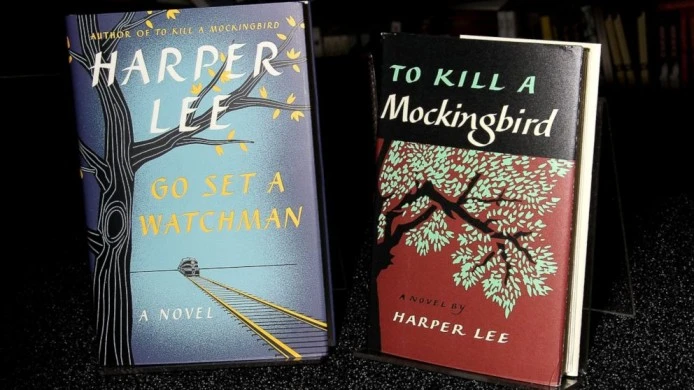New & Noteworthy, From Craigslist Confessions to Toxic Outrage

Recent releases:
SEX AND LIES: True Stories of Women’s Intimate Lives in the Arab World, by Leila Slimani. (Penguin, paper, $17.) Slimani, the French Moroccan novelist behind “The Perfect Nanny” and “Adèle,” argues for a sexual revolution in the Arabic world to free women from the expectation that they must be wives or virgins.
CRAIGSLIST CONFESSIONAL: A Collection of Secrets From Anonymous Strangers, by Helena Dea Bala. (Gallery, $26.) Forty touching stories solicited via Craigslist, in which anonymous people unburden themselves of secrets they’d otherwise be ashamed to voice: addiction, depression, infidelity and more.
OUTRAGED: Why Everyone Is Shouting and No One Is Talking, by Ashley “Dotty” Charles. (Bloomsbury, $26.) A radio host explores how reflexive outrage weakens the social discourse and, counterintuitively, makes it harder to effect real change regarding the issues that outrage us in the first place.
BRIGHT PRECIOUS THING: A Memoir, by Gail Caldwell. (Random House, $27.) Caldwell’s latest memoir traces her relationship with a precocious 5-year-old neighbor girl, to whom the author (a former book critic for The Boston Globe) imparts feminist lessons from her decades of experience as a single career woman.
DISABILITY VISIBILITY: First-Person Stories From the Twenty-First Century, edited by Alice Wong. (Vintage, paper, $16.95.) An anthology of personal essays implicitly (and sometimes explicitly) makes the case for acknowledging and accommodating society’s overlooked population of disabled people.
What we’re reading:
I grabbed the book off my stack mostly because it was slender. Small and manageable, I figured: a perfect 193 pages for an afternoon away from the madness on my first trip to the Jersey Shore since life as we know it was upended. MY NAME IS LUCY BARTON, by Elizabeth Strout, was perfect, but not even close to small. From the first chapter, it practically laughed at me: a woman quarantined with a mysterious illness, staring longingly at the lights of the Chrysler Building as a contagion (the AIDS epidemic) ravages her adopted city, New York. The sentences are brawny and spare, detailing a childhood of abuse and poverty. It touched me mostly as a story about a daughter and a mother, and the persistence of imperfect love. But Lucy is a writer. And she’s admonished along the way about what that means. “You must be ruthless,” a neighbor insists. A teacher says: “If you find yourself protecting anyone as you write this piece, remember this: You’re not doing it right.” I smiled back.
—Tracey Tully, New Jersey reporter




